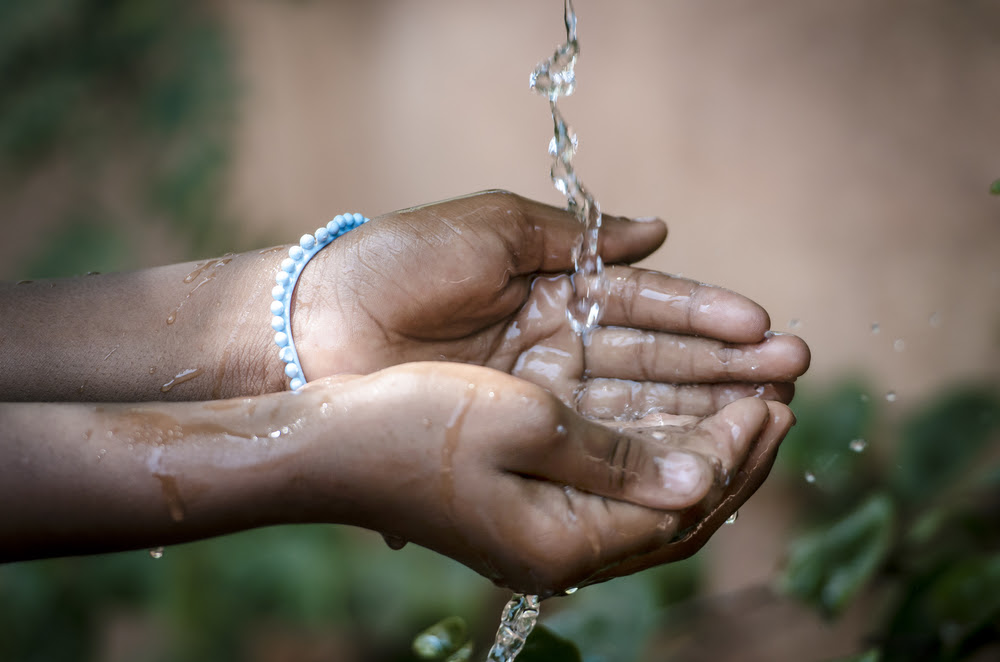The Second World Summit for Social Development to be held in 2025 is a significant opportunity to reduce inequalities and promote social justice and non-discrimination, according to the high-level representatives of diverse United Nations entities attending a dialogue held today at the headquarters of the Economic Commission for Latin America and the Caribbean (ECLAC) in Santiago. They also emphasized that this global gathering can accelerate efforts to achieve the 2030 Agenda for Sustainable Development and inclusive social development in the world.
Despite progress made in recent decades in terms of eradicating poverty and reducing multidimensional inequalities, the global scenario compels us to review strategies, reaffirm commitments and mobilize resources with multilateral and cooperative actions in a context of multiple, overlapping crises. The world has changed a great deal since 1995, when the First World Summit for Social Development was held in Copenhagen: there are nearly 4 billion more people, and there is an increase in geopolitical tensions, growing geoeconomic fragmentation, intensification of the effects of climate change, demographic changes, technological disruption, the threat of pandemics, wars and conflicts, and an international financial architecture that no longer suitably meets the needs of development finance, they explained.
The High-level seminar “Towards the Second World Summit for Social Development: Enhancing global efforts to achieve the 2030 Agenda” featured opening remarks by Amina J. Mohammed, Deputy Secretary-General of the United Nations; Alberto van Klaveren, Minister of Foreign Affairs of Chile; Gilbert F. Houngbo, Director-General of the International Labour Organization (ILO); and José Manuel Salazar-Xirinachs, ECLAC’s Executive Secretary and Coordinator of the United Nations Regional Economic Commissions in 2024. The event drew the participation of numerous prominent figures including the former President of Chile, former Executive Director of UN Women and former United Nations High Commissioner for Human Rights, Michelle Bachelet.
“Some Member States have expressed a legitimate concern about creating new Agendas in the current context, when the task of realizing the SDGs and the Copenhagen commitments is not yet done. This is not the time to change course. Rather, the Social Summit is an opportunity to accelerate the implementation of the 2030 Agenda and the programme of action of the first World Summit for Social Development, five years ahead of 2030,” underscored Amina J. Mohammed.
In a similar vein, Foreign Minister Alberto van Klaveren indicated that “Chile sees the 2030 Agenda for Sustainable Development as pivotal to confronting these complex global challenges and crises. This comprehensive plan of action for people, the planet and prosperity holds the potential to transform our world by placing inclusive social development at its core. However, if we want to leave no one behind we must reinforce our global commitment to multilateral and cooperative actions.”
Gilbert F. Houngbo, Director-General of the ILO, stressed that the Second World Summit for Social Development (2025) will be the first one after the Summit of the Future in 2024 that will pave the way forward for achieving the Sustainable Development Goals (SDGs) and the 2030 Agenda. The senior official recalled the concrete repercussions that the First World Summit for Social Development had for the ILO’s work and asserted that the next one must have an even bigger impact. The UN has to support Member States to ensure an inclusive summit, he said. “We have to listen and take action so that this is not just another summit,” he emphasized.
In his remarks, José Manuel Salazar-Xirinachs sustained that the transformation of development models is an urgent task in Latin America and the Caribbean, as the region is in a development crisis characterized by three mutually reinforcing traps: low capacity for growth; high inequality and low social mobility; and low institutional and governance capacity. “These traps condition and limit the achievement of the 2030 Agenda and, therefore, the attainment of inclusive social development, a cornerstone of sustainable development,” ECLAC’s Executive Secretary contended.
In addition, José Manuel Salazar-Xirinachs expressed the full support of the five UN regional economic commissions regarding the decision of Member States to convene the Second World Summit for Social Development in 2025, 30 years after the historic gathering in 1995 where participants approved the Copenhagen Declaration on Social Development and its Programme of Action. “Given our convening power and proximity to Member States, the Regional Commissions serve as inclusive intergovernmental platforms for deliberating and adapting universal norms and global frameworks to regional and country contexts,” he said.
Paula Narváez, President of the United Nations Economic and Social Council (ECOSOC) and Permanent Representative of Chile to the United Nations, stated that “today, we are at an inflexion point. Insecurity about the future and distrust in institutions are increasing, eroding our social fabric and our ability to collectively achieve common goals. It is time to respond by paving the way towards a resilient, inclusive and sustainable future, with the 2030 Agenda for Sustainable Development and the Copenhagen Declaration on Social Development as our foundations.”
Li Junhua, Under-Secretary-General for Economic and Social Affairs of the United Nations (UN DESA), affirmed that “the Second World Summit for Social Development will be very uniquely positioned to build on previous commitments and deliver a meaningful outcome that addresses social issues and also generates more impact on people’s lives and livelihoods.”
Similarly, Achim Steiner, Administrator of the United Nations Development Program (UNDP), said that if there is something the Second World Summit for Social Development in 2025 could offer the world, it is to remind us once again that progress is very unlikely with confrontation, polarization and competition between countries.
Sima Bahous, Executive Director of the United Nations Entity for Gender Equality and the Empowerment of Women (UN Women), emphasized that “in many ways, the world is a better place for women than it was years ago. And Latin America and the Caribbean stands proof to this. However, for many women the world remains an unsafe and unequal place.”
QU Dongyu, Director-General of the Food and Agriculture Organization of the United Nations (FAO), acknowledged that “2030 is very close and we haven’t achieved what we said we were going to achieve: ending poverty in all its forms everywhere (SDG1) and ending hunger, ensuring food security and improved nutrition and promoting sustainable agriculture (SDG2).”
Juan Somavía – Ambassador and former Permanent Representative of Chile to the United Nations, Chair of the Preparatory Committee of the World Summit for Social Development (1995) and Director-General of the ILO (1999–2012) – stressed the need to pool the efforts made by society, the United Nations and governments. “The main aim is to achieve convergence, coherence and policy integration. That’s what it’s all about. But it’s extremely difficult to put this into practice. There must be a comprehensive approach by society as a whole and the United Nations as a whole,” he sustained.
Finally, in a video message, Tedros Adhanom Ghebreyesus, Director-General of the World Health Organization (WHO), indicated that “the Second World Summit for Social Development in 2025 will be an important opportunity to assess progress, share what works and focus on accelerating towards the SDGs. As ever, WHO remains committed to supporting our Member States in every way possible to build a healthier, safer and fairer future in Latin America, the Caribbean and everywhere.”
At this high-level event, it was emphasized that the UN – through its regional economic commissions, agencies, funds, programs and country teams – offers a strategic space for actions, reflections, dialogue and strengthening the trust and commitment needed to achieve consensus to renew efforts towards inclusive social development at the national, regional and global level.




